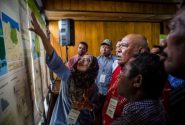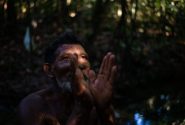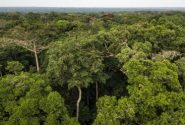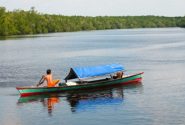We want you to share Forests News content, which is licensed under Creative Commons Attribution-NonCommercial-ShareAlike 4.0 International (CC BY-NC-SA 4.0). This means you are free to redistribute our material for non-commercial purposes. All we ask is that you give Forests News appropriate credit and link to the original Forests News content, indicate if changes were made, and distribute your contributions under the same Creative Commons license. You must notify Forests News if you repost, reprint or reuse our materials by contacting forestsnews@cifor-icraf.org.
This is part three in a series of three stories that look at forests, trees and how they are used in East Africa.
At the end of Kenya’s Rift Valley is the world’s largest desert lake. Nestled into the northwestern corner of one of Africa’s largest economies and surrounded by Uganda, South Sudan and Ethiopia, the area around the lake is home to the Turkana, a pastoralist people who gave the alkaline lake its name.
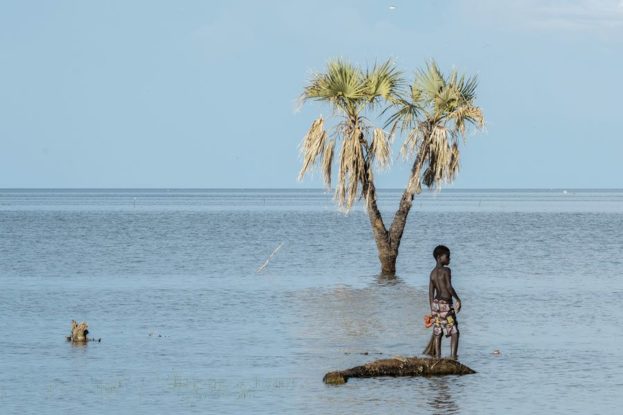
The region is dry, with as little as 150 mm of rain annually, about six times less than the capital Nairobi, and is getting drier. Years of drought are forcing the nomadic people to abandon their traditions and cluster in villages around the lake.
Instead of pastoralism, they are settling in villages around the lake to farm and fish, and look for other economic opportunities, adding to the growing environmental challenges brought on by climate change.
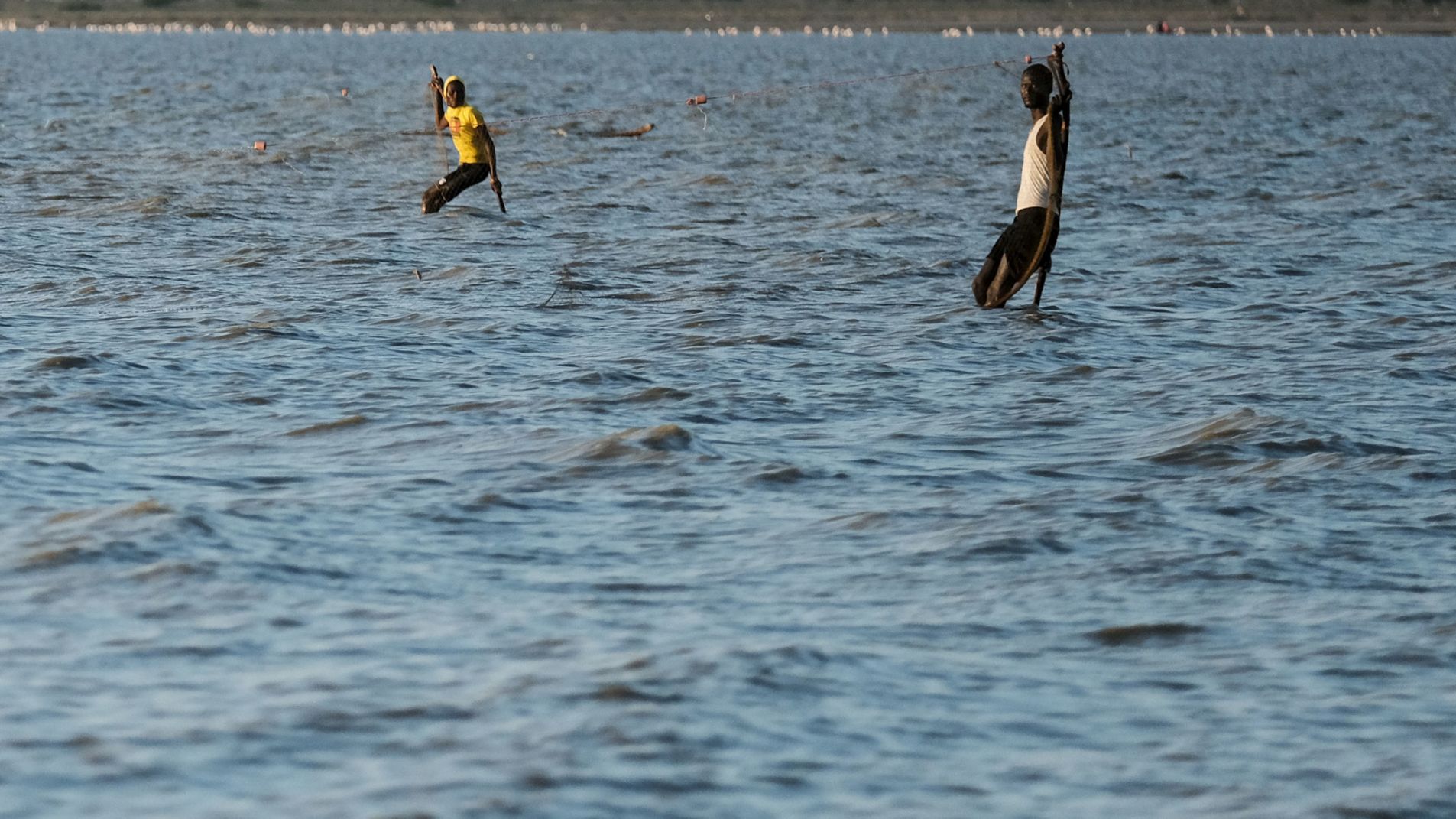
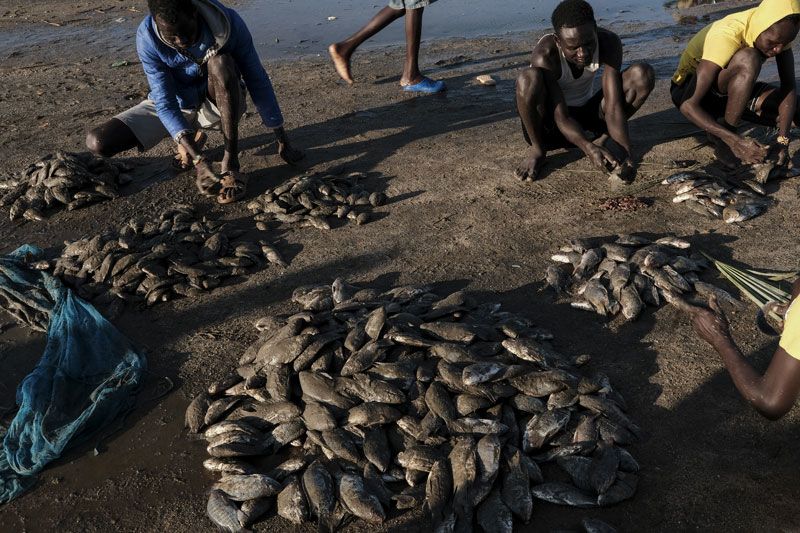
Emmanuel Moru Losia is one of those who have been forced to settle down.
A 59-year-old herder-turned-farmer, he has tended his one-acre farm for four years to feed his family and sell his crops to pay his bills.
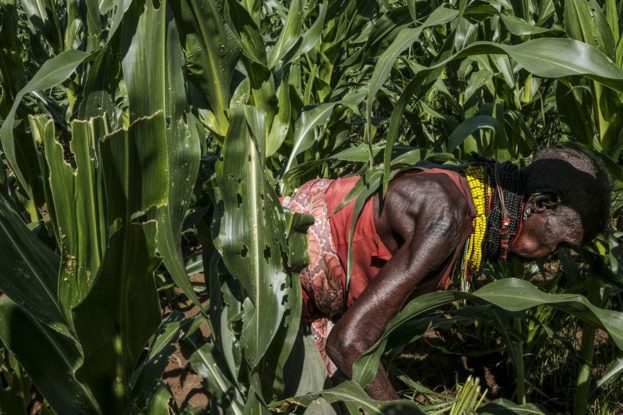
Losia lost all of his 45 cows, 100 goats, seven donkeys and four camels, and he was forced to abandon the pastoralist lifestyle he loved.
“I used to rely on livestock but three things happened: drought, sickness among my animals, and rustling,” he said.
Trees and forests, while scarce in the region, have always been important to the Turkana way of life.
They have evolved land management strategies appropriate for the arid landscape including the use of the Ewoi (Acacia tortilis) tree.
During the dry season the seeds of the leguminous tree as well as the leaves are used to feed livestock.
Twigs are often fed to the animals, and the wood used for energy, underlining the Turkana’s dependency on trees.
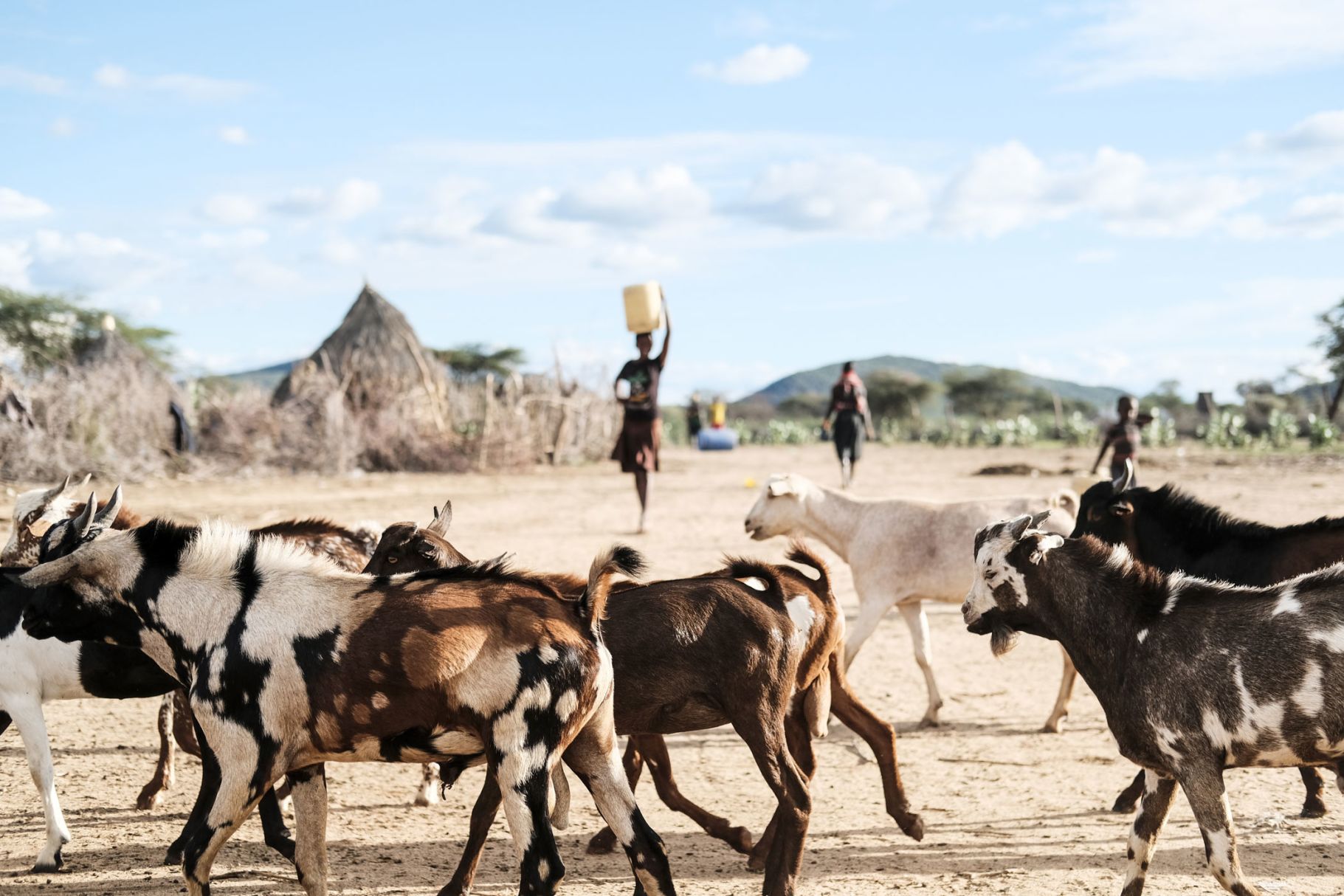
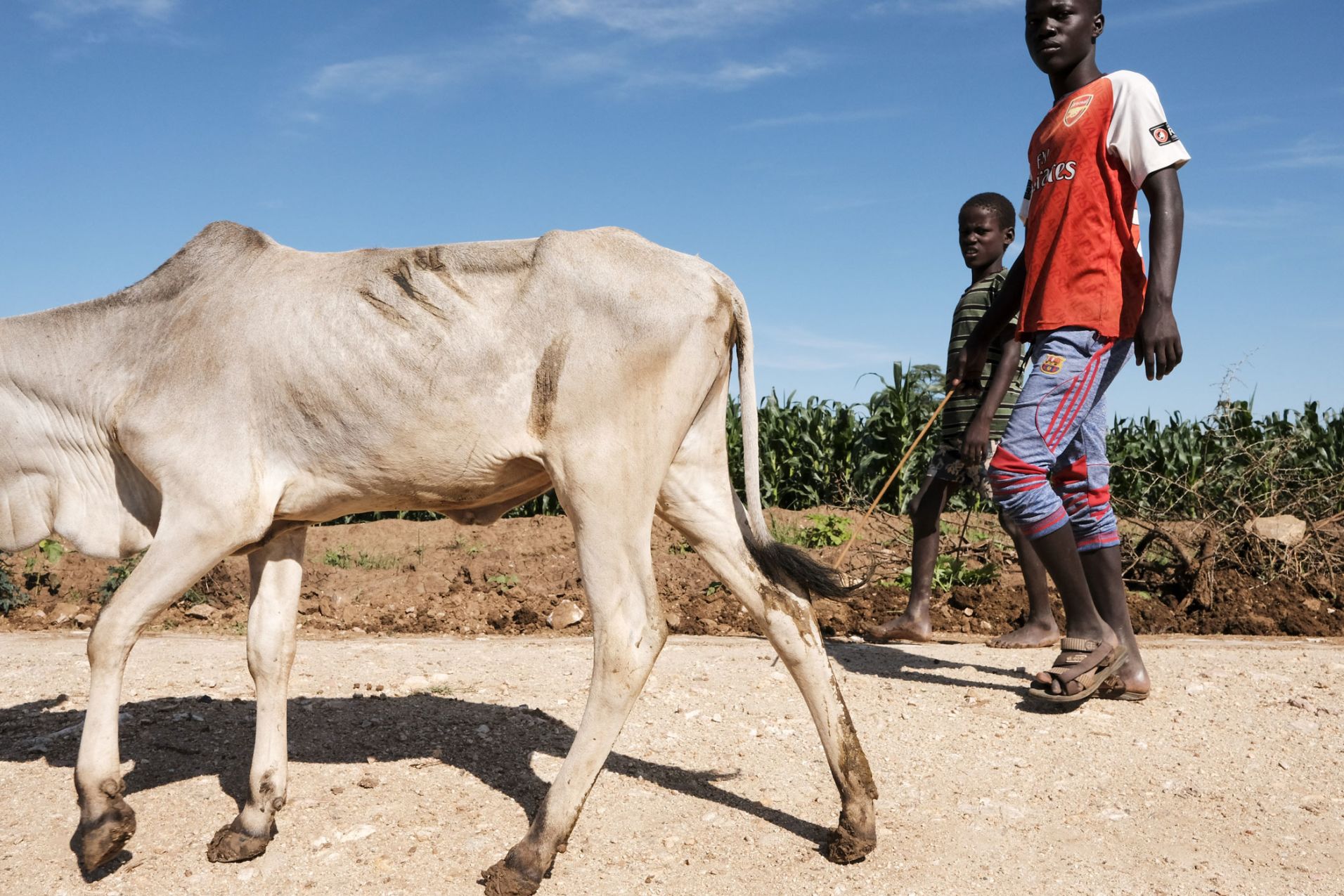
But this model is under strain. As nomads lose their herds to drought and are forced to farm to provide for their families, there is increasing conflict with other groups struggling to secure water and other scarce resources in the dry landscape.
Among the alternatives to pastoralism in recent years was the promise of oil industry jobs. France’s Total SA, U.K.-based Tullow Oil and Canada’s Africa Oil own and operate an oil field in the area with as much as 560 million barrels in reserves.
The recent collapse in the price of oil has limited those employment opportunities.
Farming and fishing, long the last-resort for the herders, have become the only way to survive. Fishermen sometimes use mosquito nets to catch tilapia and sell them five for a shilling ($0.01).
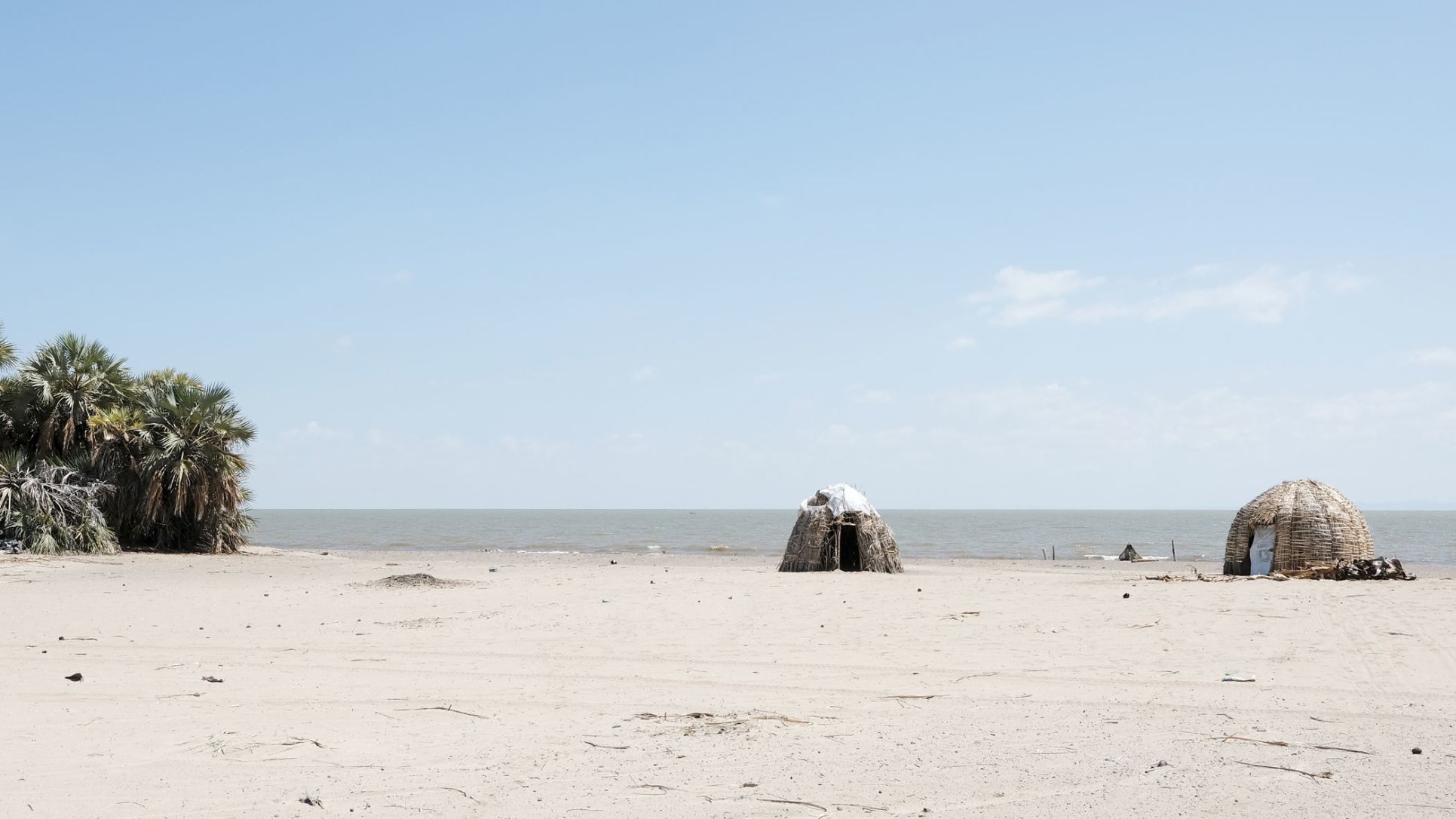
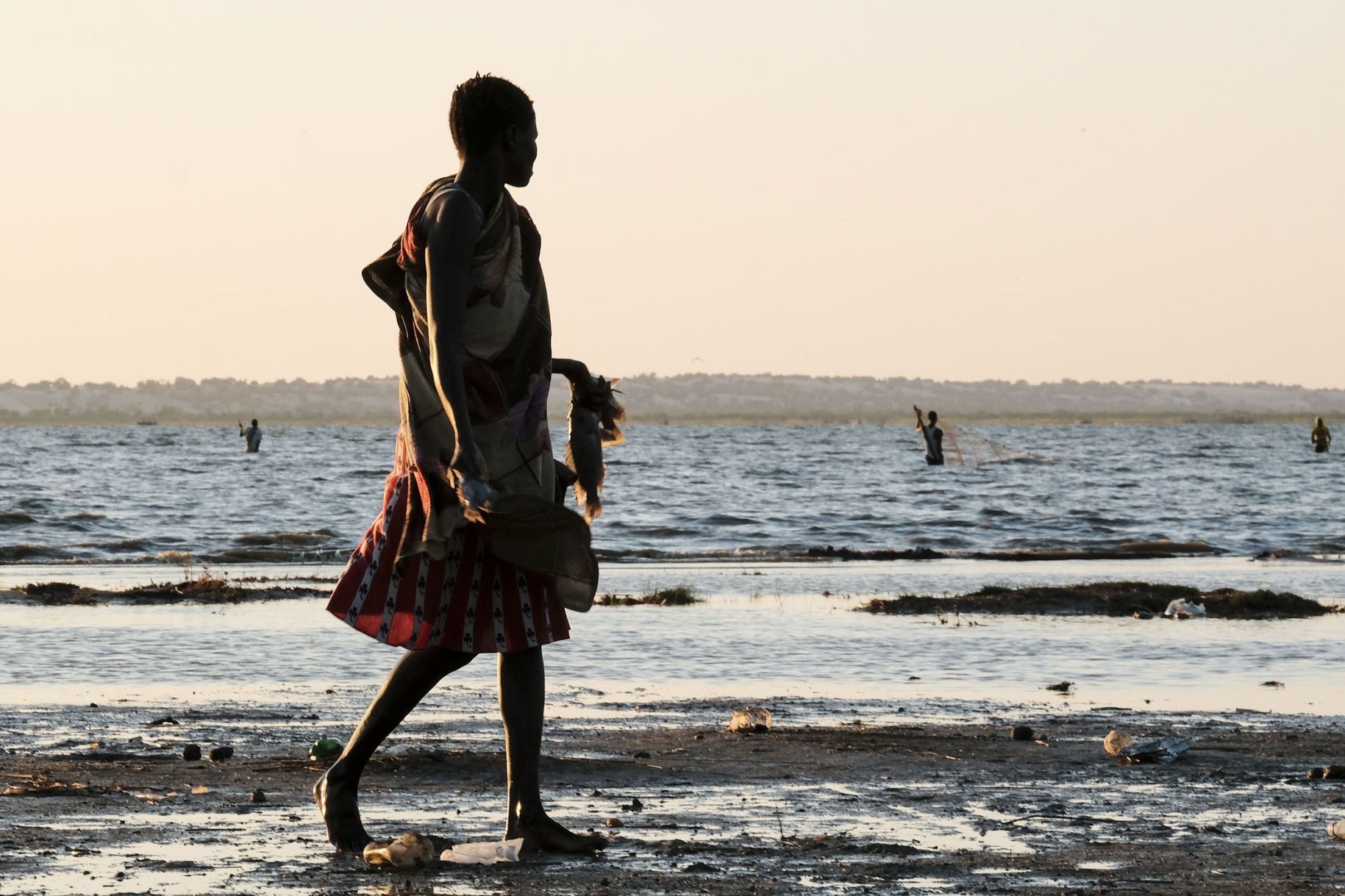
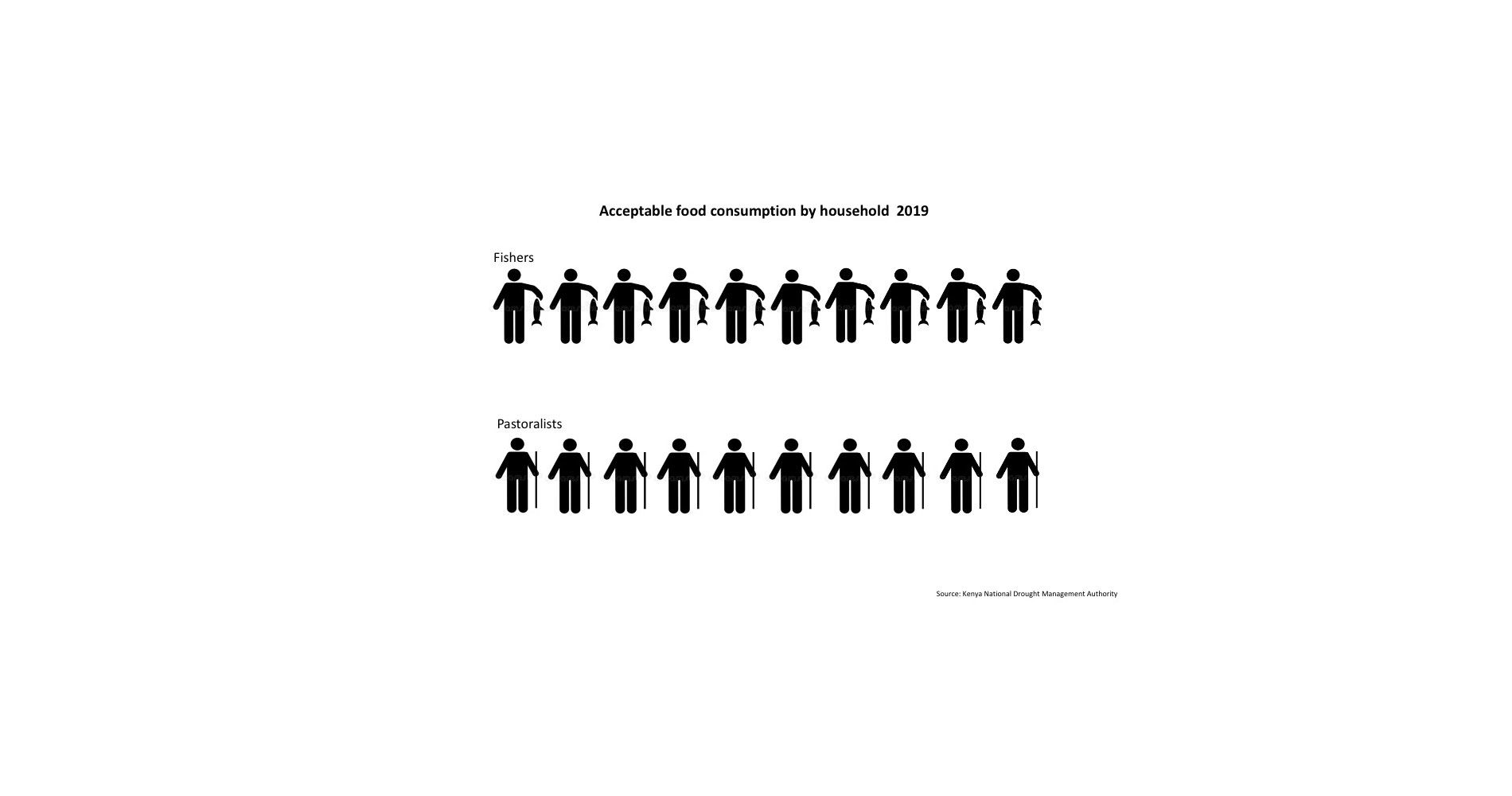
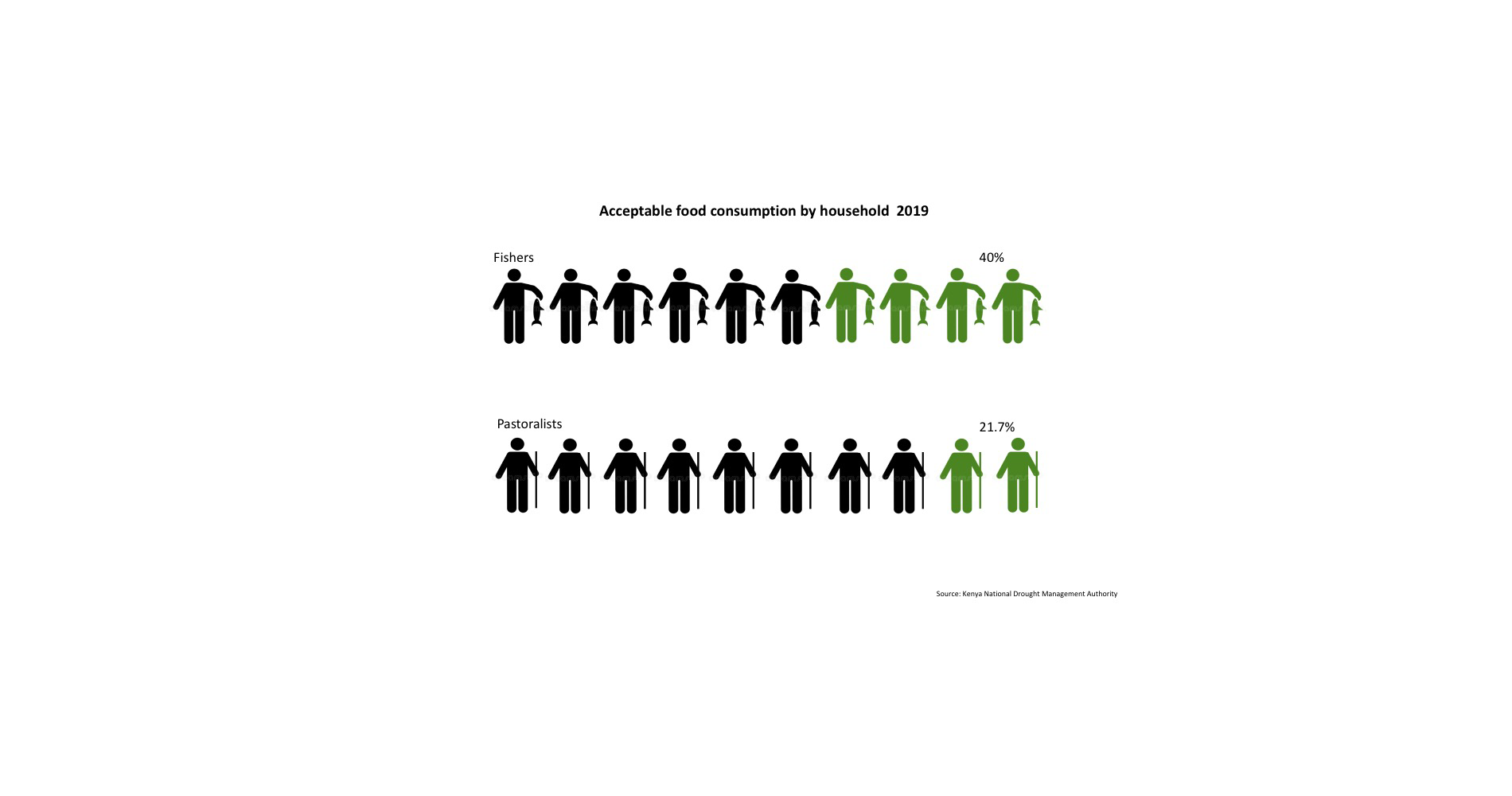
Ewoi Edukon, a father of three in his mid-40s, had tended a herd of 50 goats and four donkeys, until last year. “It was a good life, but I lost it all,” he said.
“My livestock was swept away by drought.”
Still, although he now fishes, Edukon does not regard himself a fisherman but a pastoralist in search of new capital to rebuild his herd.
“I am only fishing for a short time to get some money.”
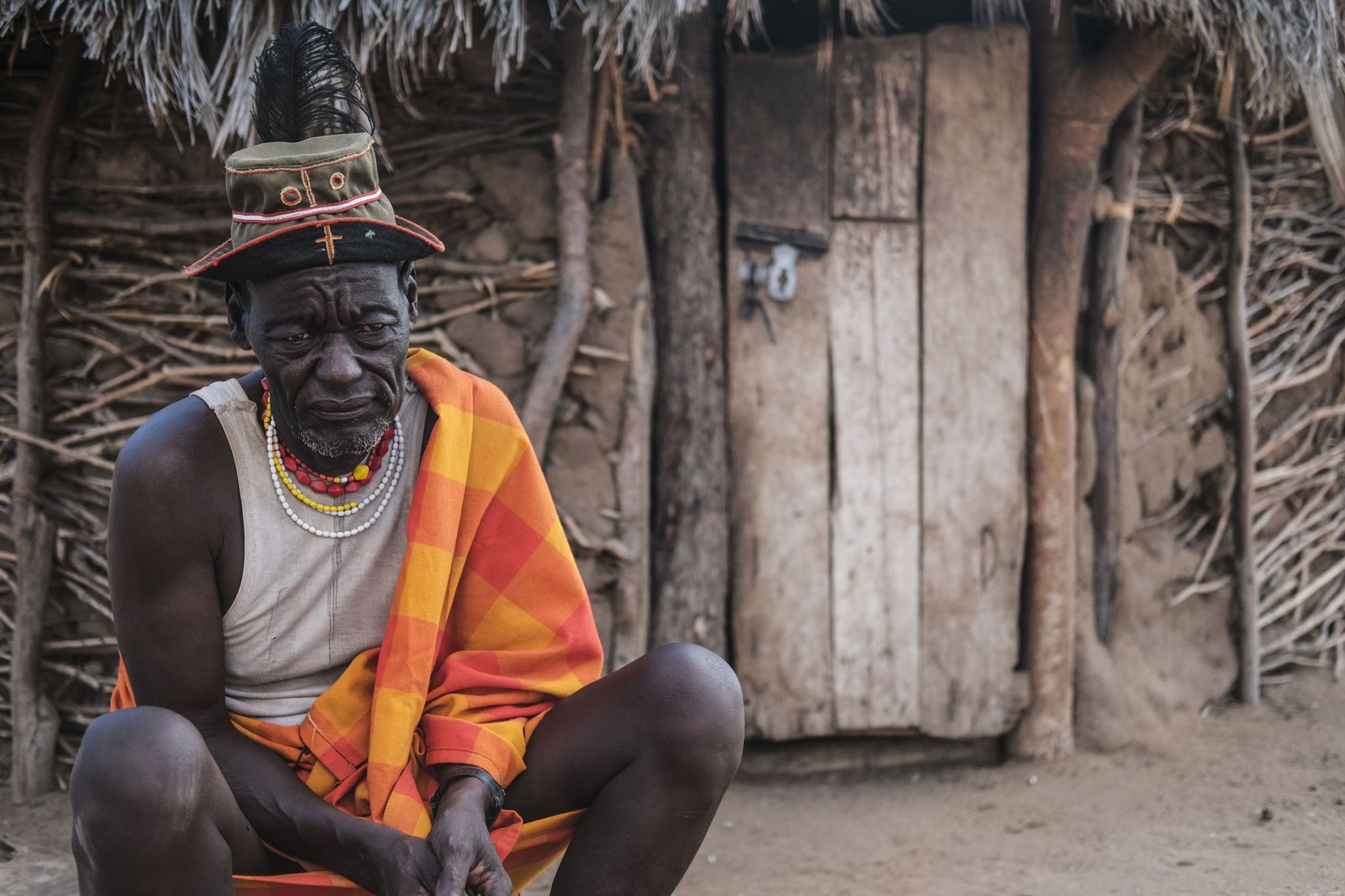
Story development and script: Tristan McConnell | Editor: Jeremy van Loon | Video and photos: Nick Oloo, Kabir Dhanji | Video editing: Aris Sanjaya | Infographics: Jeremy van Loon, Gusdiyanto | Web design: Gusdiyanto | Project coordination: Budhy Kristanty | Production editor: Jeremy van Loon

This research was made possible through the financial support
from UNEP – UN environment programme
This research forms part of the CGIAR Research Program on Forests, Trees and Agroforestry, which is supported by CGIAR Fund Donors.
Copyright policy: We want you to share Forests News content, which is licensed under Creative Commons Attribution-NonCommercial-ShareAlike 4.0 International (CC BY-NC-SA 4.0). This means you are free to redistribute our material for non-commercial purposes. All we ask is that you give Forests News appropriate credit and link to the original Forests News content, indicate if changes were made, and distribute your contributions under the same Creative Commons license. You must notify Forests News if you repost, reprint or reuse our materials by contacting forestsnews@cgiar.org.

We want you to share Forests News content, which is licensed under Creative Commons Attribution-NonCommercial-ShareAlike 4.0 International (CC BY-NC-SA 4.0). This means you are free to redistribute our material for non-commercial purposes. All we ask is that you give Forests News appropriate credit and link to the original Forests News content, indicate if changes were made, and distribute your contributions under the same Creative Commons license. You must notify Forests News if you repost, reprint or reuse our materials by contacting forestsnews@cifor-icraf.org.



